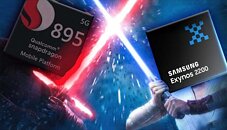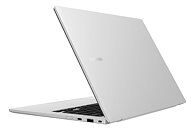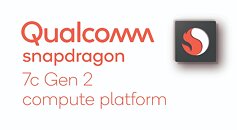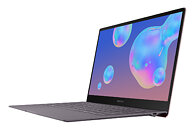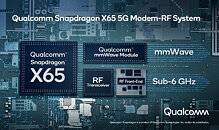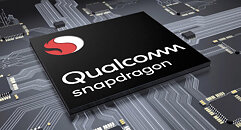
Qualcomm Expands Snapdragon Compute Ecosystem for the Next-Generation of Enterprise-Grade PCs
Today, during Mobile World Congress 2022, Qualcomm Incorporated President and Chief Executive Officer, Cristiano Amon highlighted how Qualcomm Technologies, Inc. is continuing to bring best-in-case experiences to enterprise PCs and drive the convergence of the PC and mobile to increase productivity, connectivity, and security from anywhere. During last month's Consumer Electronics Show, the Company announced that over 200 enterprise customers were testing or deploying Windows 11 on Snapdragon laptops and 2-in-1 devices. Today, Amon outlined how strategic relationships with Microsoft, Lenovo, and many other ecosystem leaders are helping deliver the next generation of enterprise-ready PCs, powered by Snapdragon. Utilizing its global relationships, Qualcomm Technologies continues to lead the PC industry's inevitable transition to innovative and modern solutions from the portfolio of Snapdragon compute platforms.Quotes from key collaborators that Qualcomm Technologies is working with to drive innovation for always on, always connected enterprise PCs through Snapdragon Compute Platforms can be found here.































